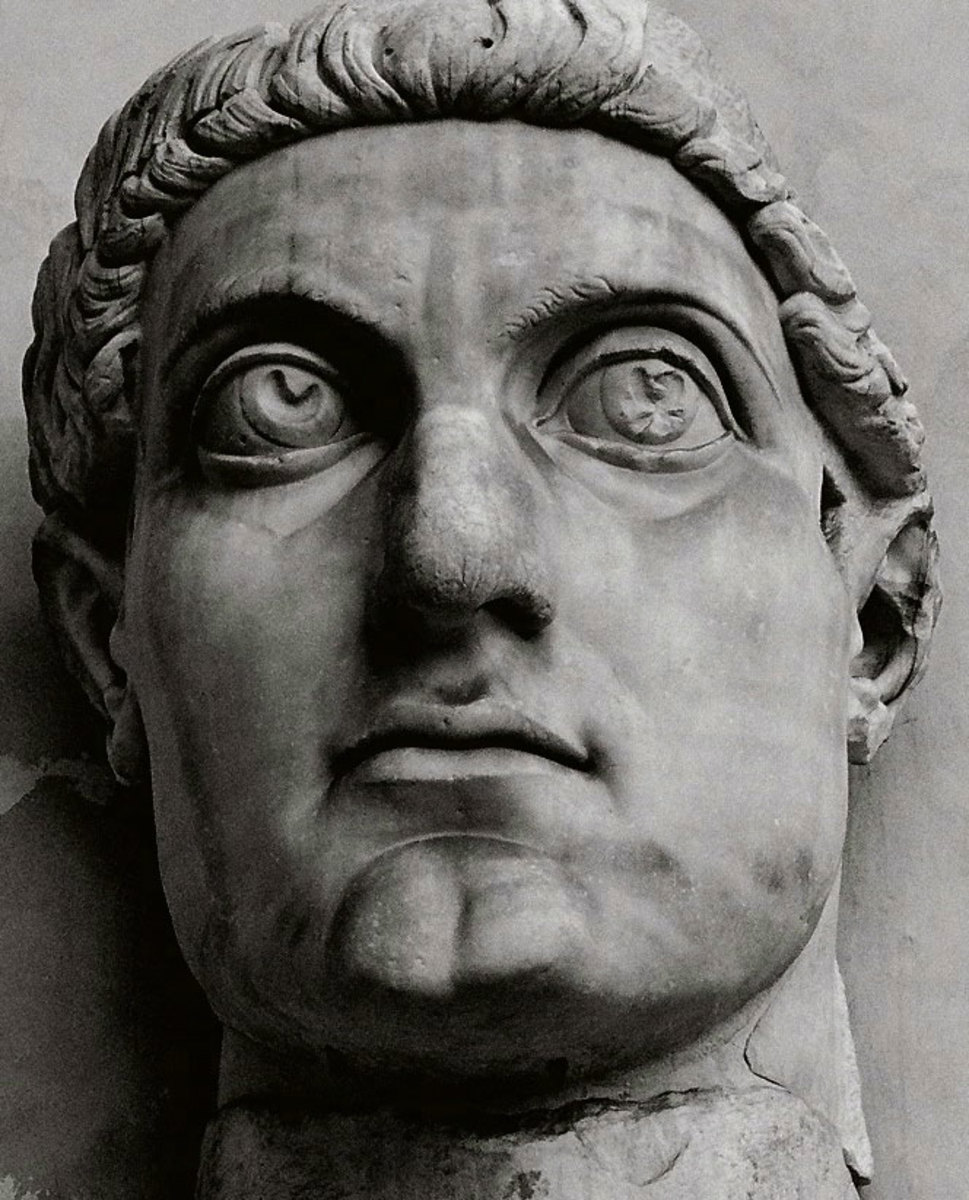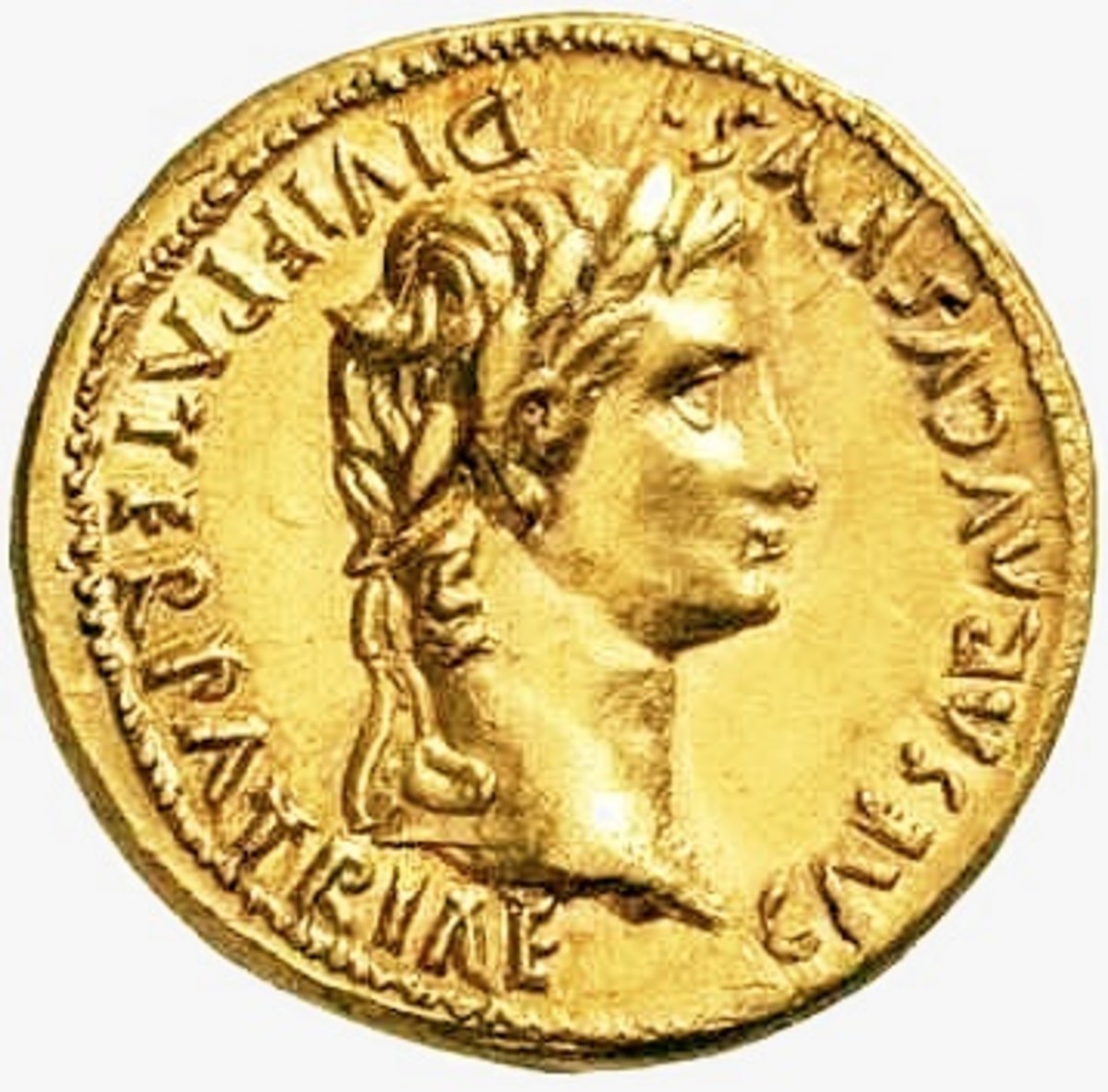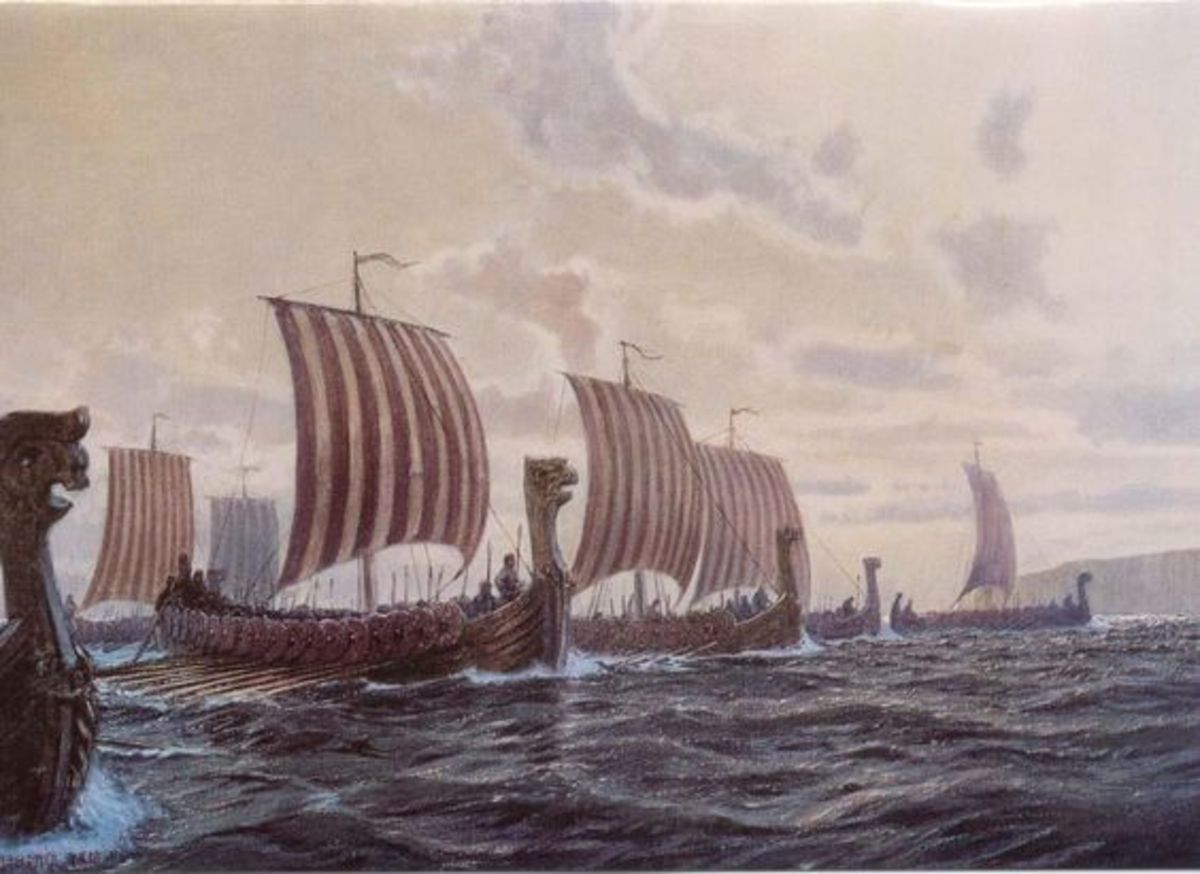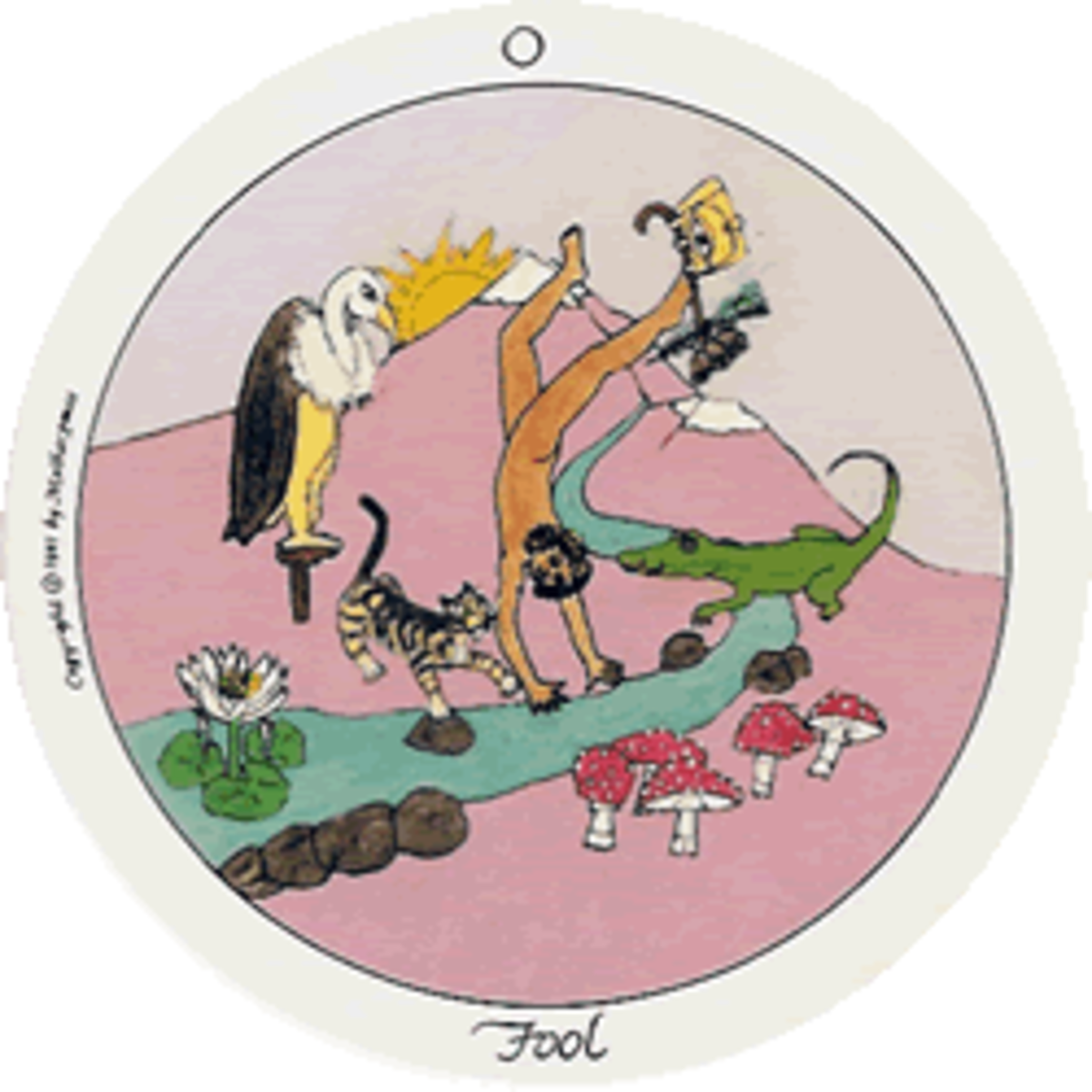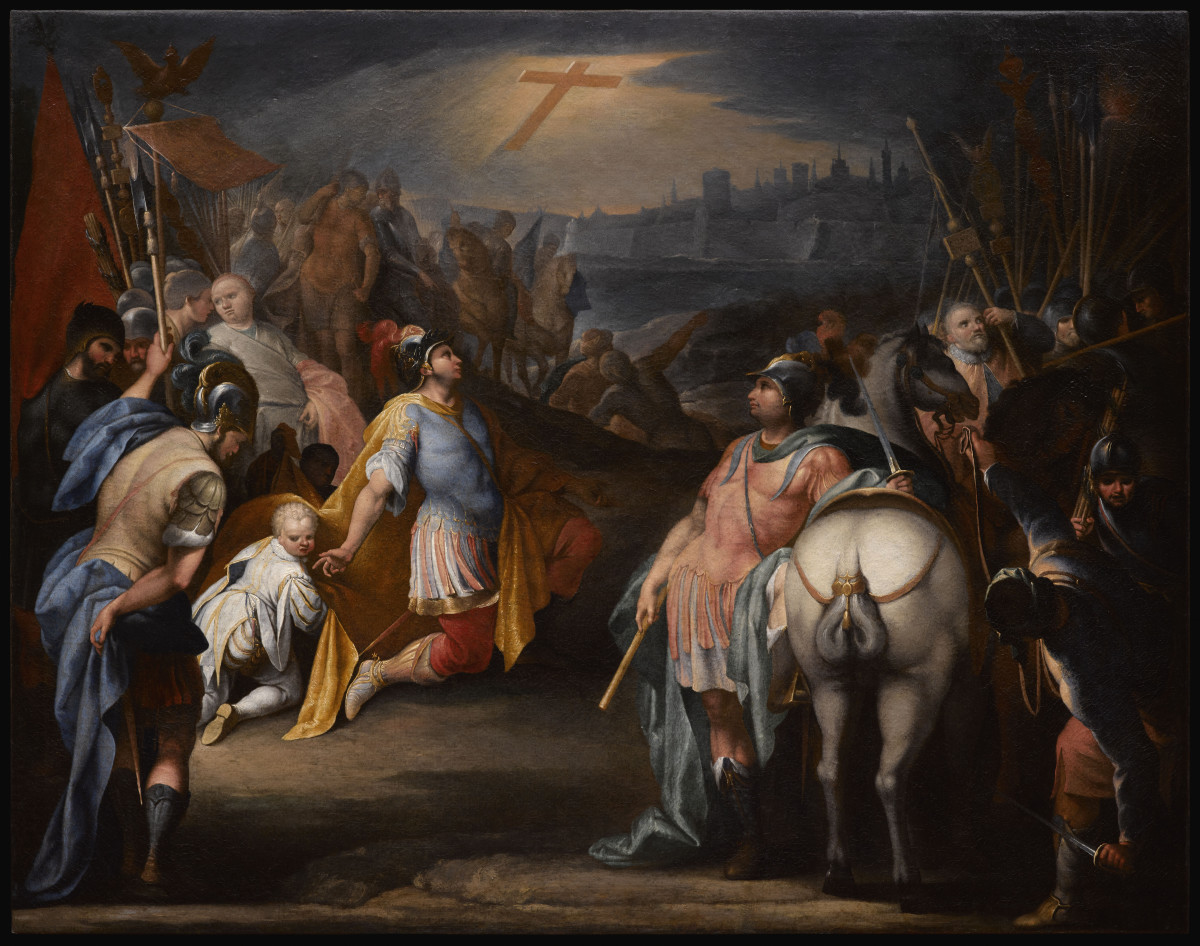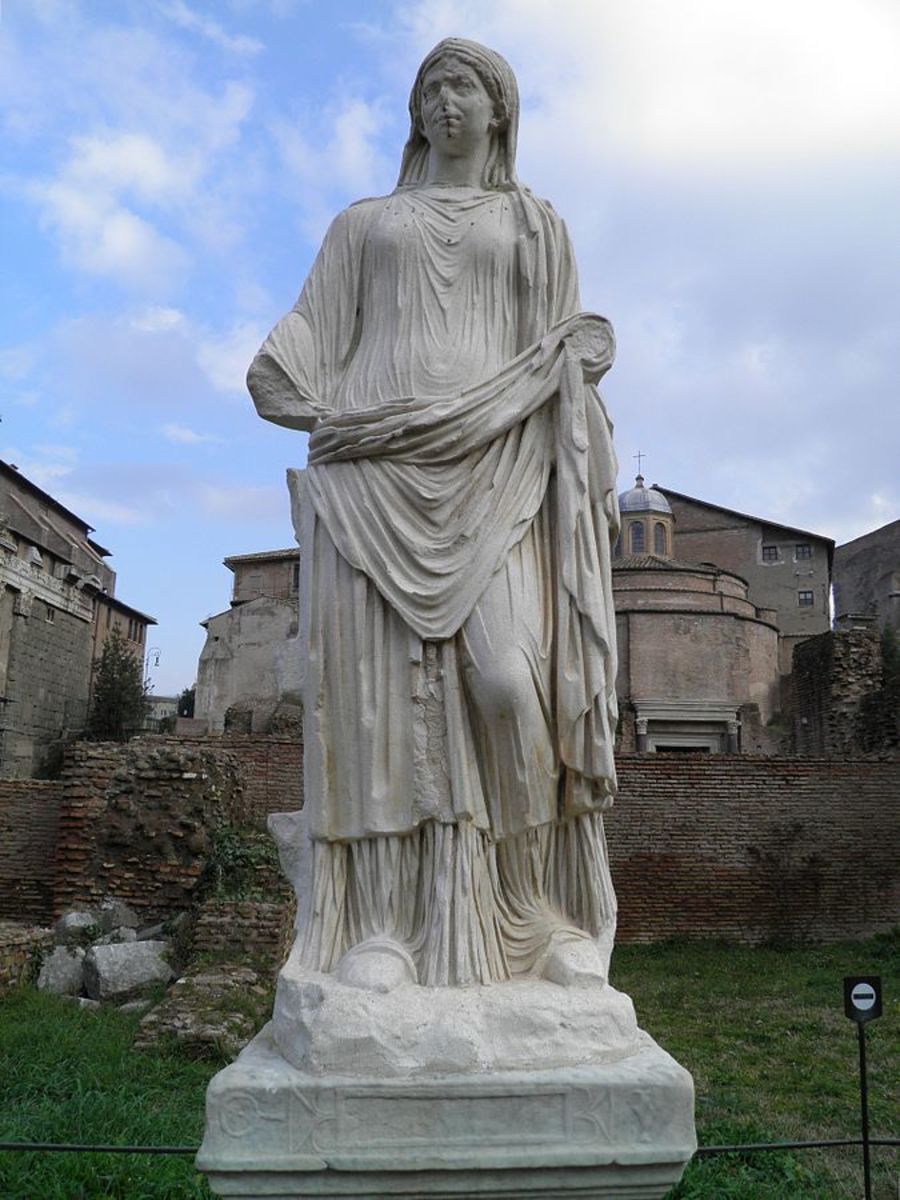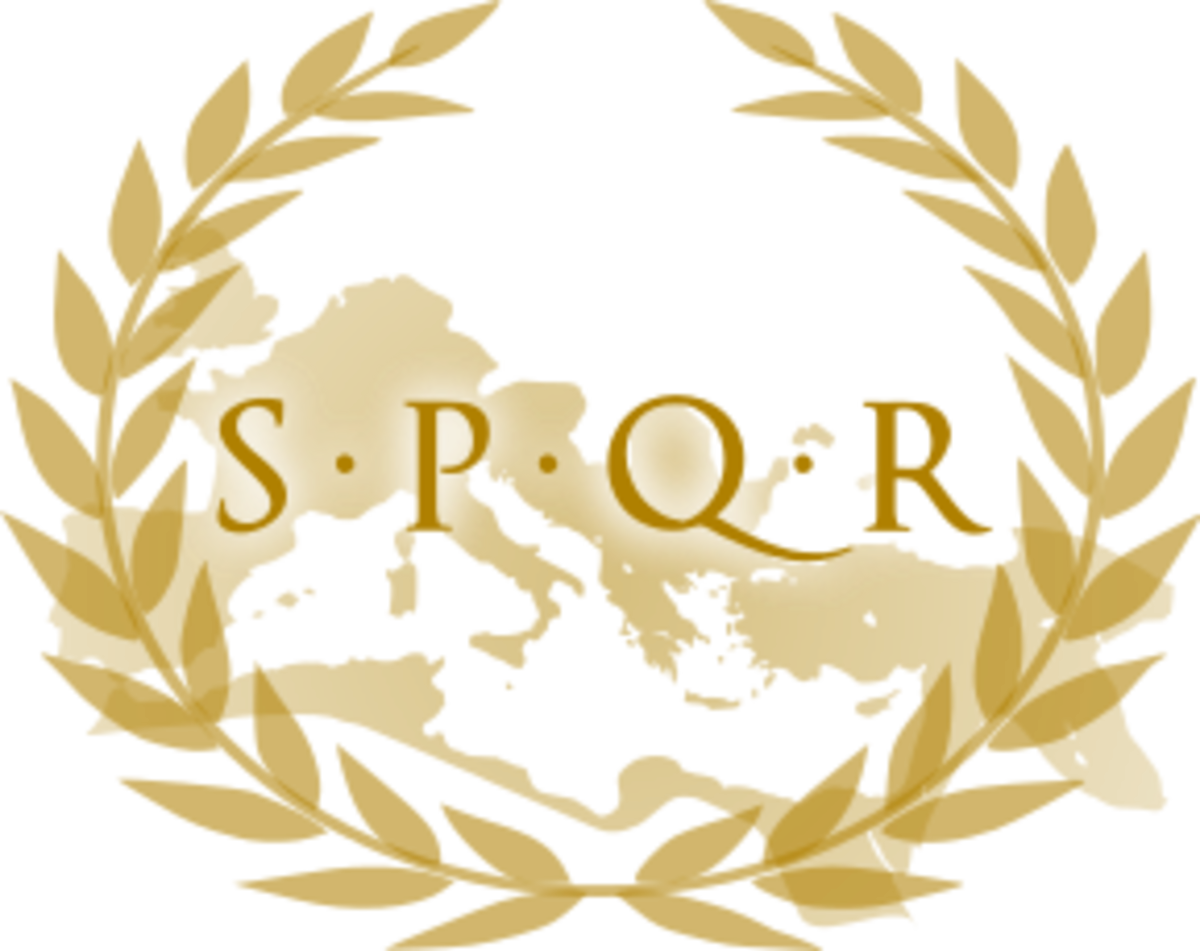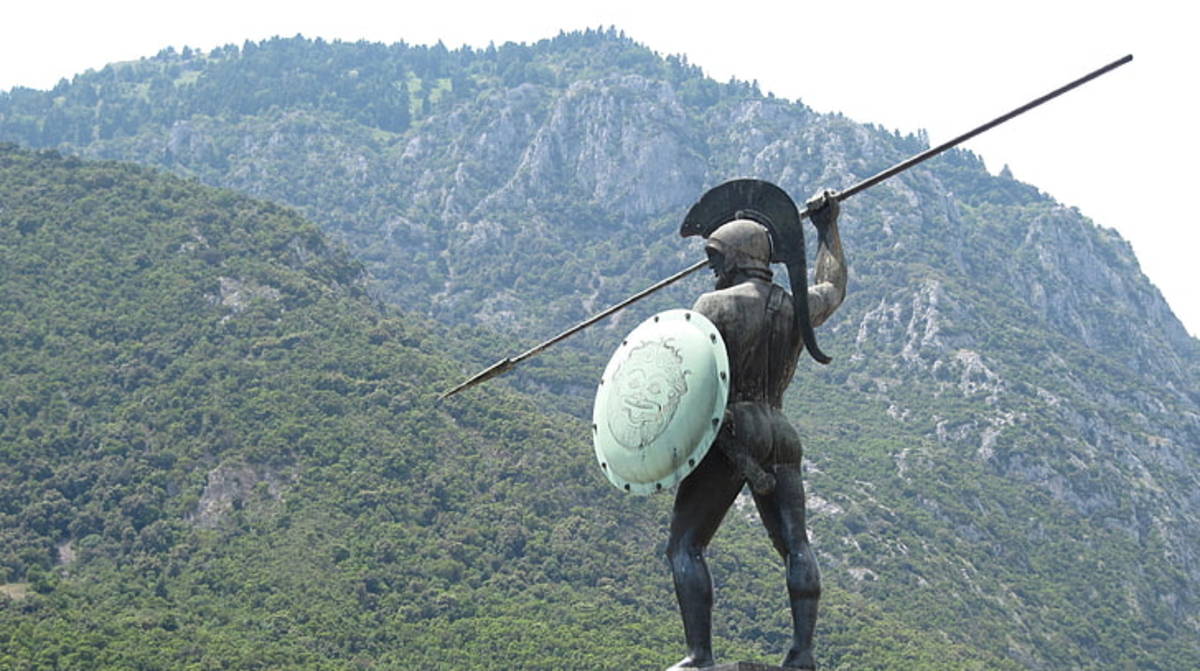- HubPages»
- Education and Science»
- History & Archaeology»
- Ancient History
Roman Empress Fausta
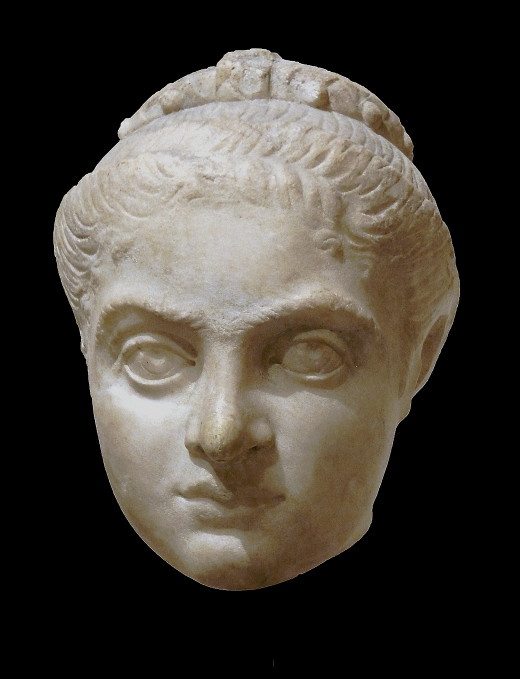
Fausta was an Empress of Rome and wife of Constantine I the great born in 289 AD. She was said to be a woman of loyalty to Constantine despite her age. Fausta spent most of her reign as Empress in support of her husband throughout his military campaigns and his struggle domestically for the throne. Constantine initially received most of his power through deed and earning each rung of the ladder he climbed. But toward the end of his climb he formed alliances with other rulers and had to go to war and fight with remaining claimants to become the only Emperor. Fausta would not last throughout the entirety of her husbands reign as she died in 326 in Rome.
She was born in approximately 289 and grew up in Roman society as part of the nobility as she was daughter of emperor Maximian. When she was four years old she became betrothed to Constantine who at the time was already a young man. Throughout her childhood and teenage years her father spent his time on military campaigns against the Germanic peoples and other dangerous peoples on the outskirts of the empire. He spent little time with his wife and family. Fausta married Constantine married in 307 AD with the blessing of her father as he began to fear Constantine and his popularity in the empire. Constantine was supportive of Christians and laws that would protect the practice of their religion although he had not declared himself a Christian as of yet.
Fasta's father Maximian was co-emperor with Diocletian in the early days but after his death he took power. Most of Maximian's later years were spent fighting with other men of power and influence in the empire who were also bent of taking empire for themselves. In some cases he was triumphant in his attempts to stop his enemies but at the very end it was a futile effort. Maximian plotted to kill Constantine at one time and told Fausta hoping she would assist but instead of helping her father Fausta informed her husband Constantine. Constantine thwarted the attempt. Later Maximian attempted to take Constantine's title away while he was on a military campaign but had no support. Constantine tracked Maximian down and captured him in Marseilles. Maximian committed suicide soon after in 310 AD.
Fausta's brother went to war with Constantine in 312 claiming vengeance for their father's death. Fausta supported her husband and not her brother. When the decisive battle took place Maxentius and his army were drive back over the river Tiber. While fleeing Maxentius fell in the river and drown his body was found the next morning and paraded through the cities before it was sent to Africa. Not much is known about Fausta's reaction to her brothers death other than her support of her husband Constantine and Constantine trusted his wife more than anyone.
Although it isn't clear why in 326 Fausta was executed by Constantine who had her locked in a bath which was overheated until she died. Incidentally Crispus, Constantine's son from a previous marriage was also executed around the same time. Historians believe that the close timing of both deaths can't be coincidental and that they are connected in some way. Some historians believe that there was an affair between Fausta and Cripus who were closer in age. Still others believe Constantine fearful of their hatred of one another had them killed so they wouldn't tear the empire apart upon his death.
A few years after their deaths Constantine declared himself a Christian publicly. He may have reconsidered what he had done a few years earlier to Faust and Crispus.

